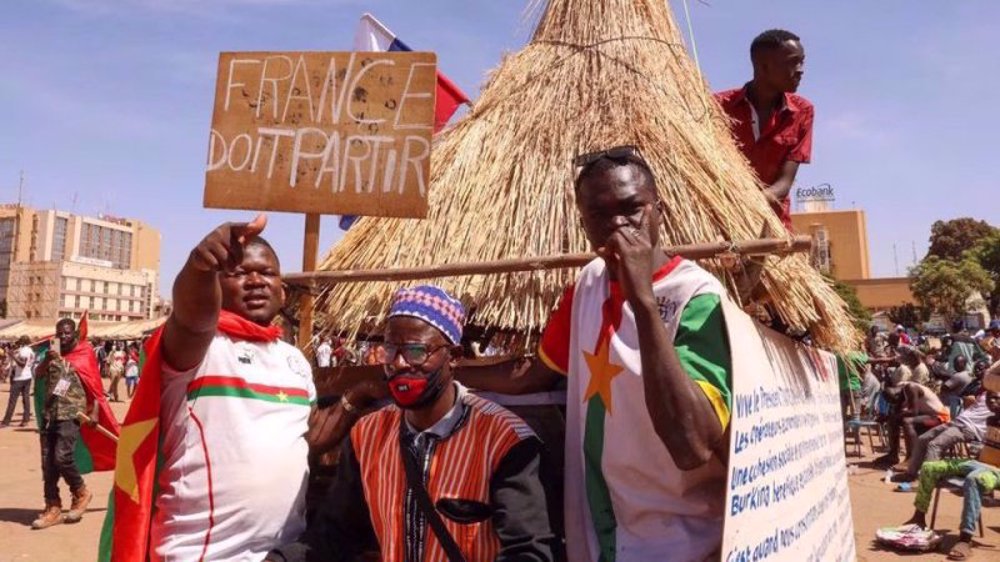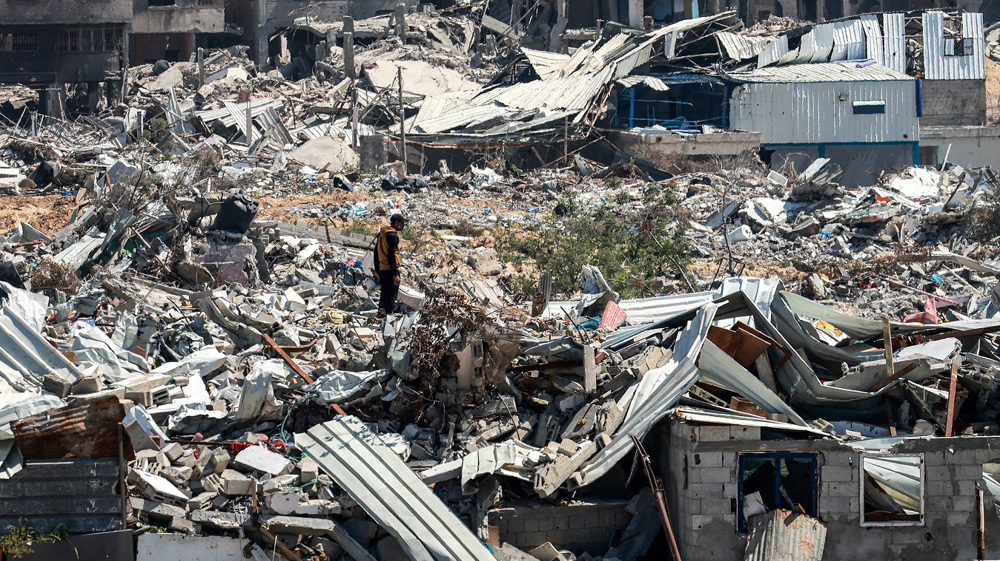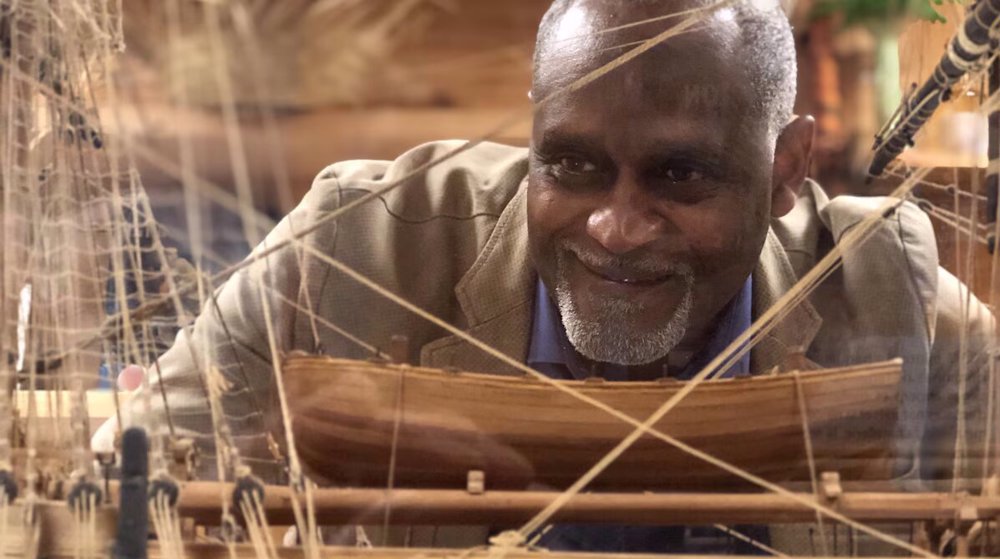ICC to rule on South Africa’s failure to arrest Sudan’s Bashir
Judges at the International Criminal Court (ICC) will rule on Thursday on whether South Africa violated ICC rules by failing to arrest Sudan's president during a 2015 visit to Johannesburg, in a case that will test international support for the court.
There is an outstanding ICC warrant for President Omar Hassan al-Bashir's arrest on genocide charges, which he denies.
Thursday's ruling will be closely watched for its possible implications for Bashir and other sitting heads of state as well as for the court itself.
If the ICC rules that South Africa's decision to let Bashir go was an act of non-compliance, the court could then either report Pretoria to the United Nations Security Council or to the ICC's own member states. In either case, South Africa would only likely suffer the diplomatic setback of a court reprimand, rather than any further fine or sanction.
It is also possible that the court may accept South Africa's argument that it was not obliged to implement the warrant.
Pretoria has argued that the ICC's warrant for Bashir's arrest was void in the face of a South African law that grants sitting heads of state immunity from prosecution, in line with customary international law.

However, the ICC's statutes explicitly state that sitting heads of states do not have immunity in war crimes cases.
Bashir, who came to power in Sudan in a 1989 military-backed coup, was charged with genocide and crimes against humanity in 2008 over the deaths and persecution of ethnic groups in Darfur Province.
He denies the charges and continues to travel abroad, trailed by human rights activists and shunned by Western diplomats.
Though Sudan is not a member of the ICC, the court has jurisdiction there due to a 2005 Security Council resolution that referred the conflict to The Hague court.
The ICC faces the risk that any action it takes will only underline waning international support for its own existence.
The United States, Russia, and China never became ICC members. In Africa, resentment over the court's indictments of Africans has led Kenya to threaten withdrawal, and the African Union also called in February for mass withdrawals.
(Source: Reuters)
UN chief says Israel’s war turned Gaza into 'humanitarian hellscape'
Meta's WhatsApp challenged for complicity in Israel’s Gaza genocide
Iran, Jordan underline need to stop Israel’s genocidal war on Gaza
Iran’s response to Israel will be ‘immediate, at maximum level’: FM
Gaza: No place for children
Voters begin casting ballots in weeks-long election in India
Venezuela slams US over reimposition of 'criminal' oil sanctions
April 18: ‘Axis of Resistance’ operations against Israeli occupation













 This makes it easy to access the Press TV website
This makes it easy to access the Press TV website